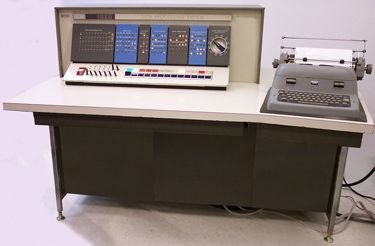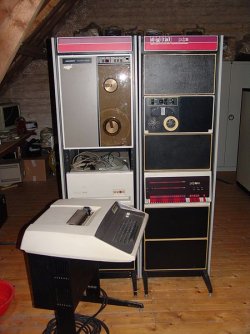I think sometimes the US muscle cars can be awkward to convert the power into torque at the wheel. I always persuade owners to allow me to change their curves to actually make the motor less reactive under higher revs and more pumped at the lower end which helps away from in the traffic light dragsAnd goodness Colorado must be offroad heaven. Your winches must be essential kit also. I would love to try those extremes and lol@mall crawlers.. we have Chelsea tractors here driven by posh mothers and Gordon Gekko types
And so you all three of you are tweakmeisters in your own ends of the motor, I think then you can all work simultaneously!
Rollbars and suspension takes loads of noodling around to get stiffness and damping just so and even then when it feels just right and you drive somewhere else it is all off again. You three sound like a great team. None of my friends give a hoot about my motor lol to them it is a 2+2 taxicab. And are forging skills not retained in your hands and mind do you think? Like old MA techs that we have not done in a while, they are still hardwired in? I think it is an almost poetic expertise to possess. And wow you do need a lot of skills to be a dive instructor in those environments. A cattleboat sounds pejorative.. I am guessing it is a kind of McDive tour then is that correct? And you are another language expert too wow. I am so glad you can see your huge skill base and experience as the expertise it is and better still that you can put it all to use going forward. I think combining work with pleasure in that way cannot be beat. I think you have it sussed as we say here. Or maybe you say there too
Thank you for elaborating and doing so with courtesy. I am grateful as ever.
The TA was built primarily as a street car, so we wanted the flatest torque curve possible. If it were primarily a race car, it would have gotten less static compression and more boost. Currently, the static CR is 10.5:1 and it gets 9lbs of boost at the manifold (12lbs before the intercooler). For a purely race engine, I'd have gone with a static CR of 7 or 8:1 and 18-20lbs of boost.
All three are built around strokers for the low end torque. The offroaders especially, since you don't need high RPM power offroad. They're crawling... especially the Jeep. With the Atlas 4-speed transfer case, you get a 1:1 highway gear, a 2:1 low range (which is roughly what a factory 4x4 will have), a 5:1 crawler gear, and by engaging the 2:1 and the 5:1 you get a 10:1 superlow range. It's impossible to go fast, but at 5:1 or 10:1 with 5:13 gears in the differentials, it will crawl up pretty much anything.
I think relearning is faster than learning, but you certainly lose things when you're inactive.
The term cattleboat is certainly not complimentary... There are a large number of divers who, while certified, might only do one or two dives a year. Or less. And there are shops that specialize in taking large groups of these relatively unskilled and unpracticed divers out to shallow, low- or no-current reefs. A lot of these divers are doing what is known as a resort course or discover SCUBA course. These folks are not even certified. They're given an hour or two of very minimal training in a pool and then taken out (paired with an instructor, with no more than a 4:1 ratio) for a dive experience. 20-30 means a crowded reef. And since they're not very practiced, their bouyancy and trim is lacking. That means they bang into and kick the reef. That's not good for it. Reefs are quite fragile.
The best thing I can say about the cattle boat operators is that since they all go to the same easy sites, it keeps the crowds (and the reef damage) away from other sites.
While I'm not at all a fan of cattle boats, I am a fan of those discover SCUBA courses. They give people a chance to experience the underwater world without the expense of certification. I just don't think they should be done from cattle boats.
Our own addiction to diving came about in a fairly typical way, I think. We were in Cancun and took the ferry over to Cozumel one day to ride the Atlantis. This is a submarine which takes passengers down to a max of 100 feet. We thought it was cool, but you couldn't exactly see things up close from inside the sub. So we took a trip on something called a BOB. With these things, you sit on something like a stationary bike with your head in a big plastic bubble. They're neutrally bouyant at about 25 feet, so they sink to that level and stay there. They have an electric motor so you can scoot around. Better, but still not enough. So we took a resort course, with no cattle boat involved. A small boat with the captain, the instructor (who stressed the importance of bouyancy control from the first instant) my wife and me. A site that was NOT filled with a crowd of divers. Instant addiction. We're definately 'vacation divers', since Colorado isn't excactly a Mecca for divers, but even so we did about 75 dives in our first year certified.


